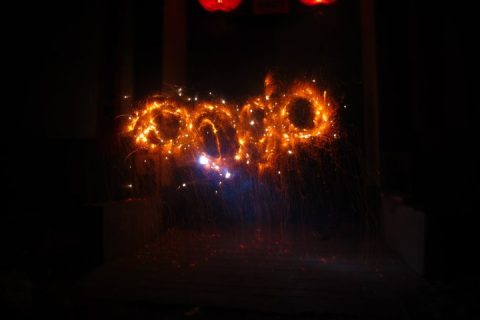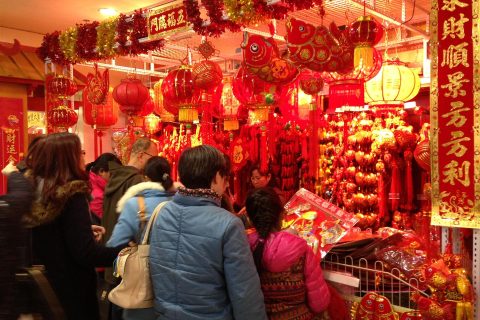Halloween in China
On the eve of 31 October, many Western countries come alight with the glow of countless jack-o’-lanterns that …
THE STRANGE THING ABOUT CHINESE HOLIDAYS
I remember once hearing someone say, “You work more than a Chinese person!” I now don’t think that …
Spring Festival in the Countryside
Being a student in China has some very significant perks – especially when it comes to holidays. You …
Spring Festival – Emei Mountain 2012
Back in 2012 when I was first in Chengdu, I had the chance to experience my first Spring …
Celebrating the Spring Festival
A few of our Chinese colleagues across our three offices in China are sharing how they usually spend …
The Spring Festival – China’s New Year
In China the biggest festival of the year is the New Year, also called spring festival 春节chūnjié in …
“Chinese New Year, Chunjie, 春节, Spring Festival”
Now, I will tell you something about the Spring Festival I know and grew up with, and how …
Exploring the Chinese Flower Markets
Before Chinese New Year is a great chance to explore the Cantonese Flower Markets! They have a beautiful …
Spring Festival is coming!
The beginning of the Chinese Lunar New Year is known as Spring Festival春节 [chūn jié] . It is …
Mid-Autumn Festival
Mid-Autumn Festival, the “Zhongqiu” festival is the one of the traditional family-gathering-days for China. Every 15th, August of …










